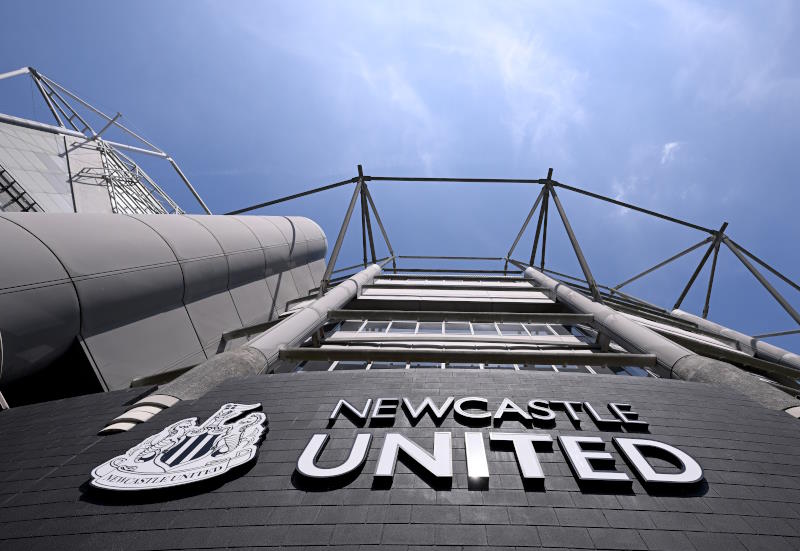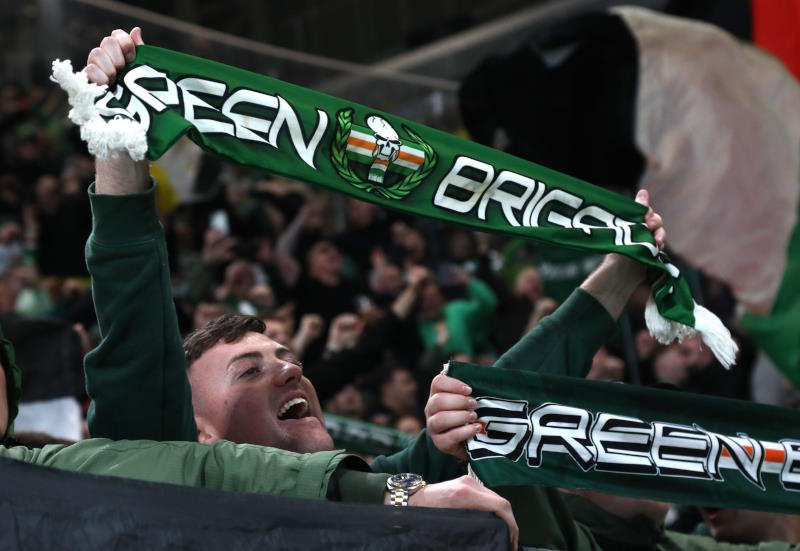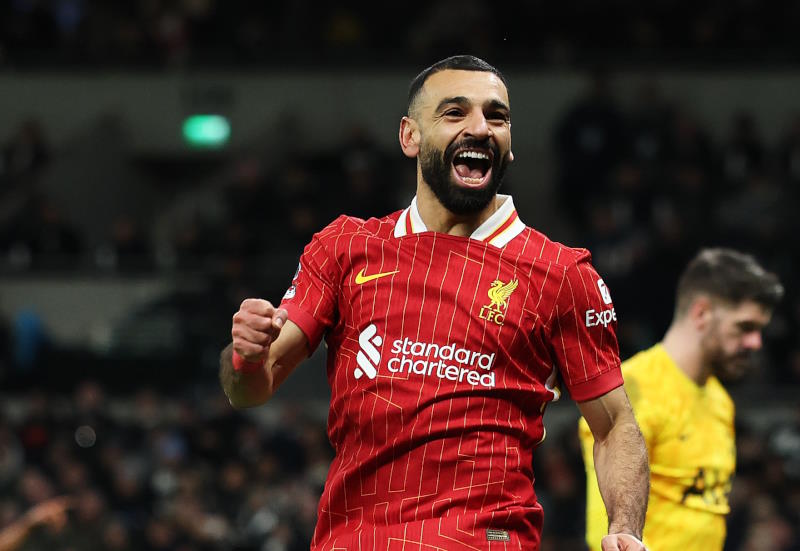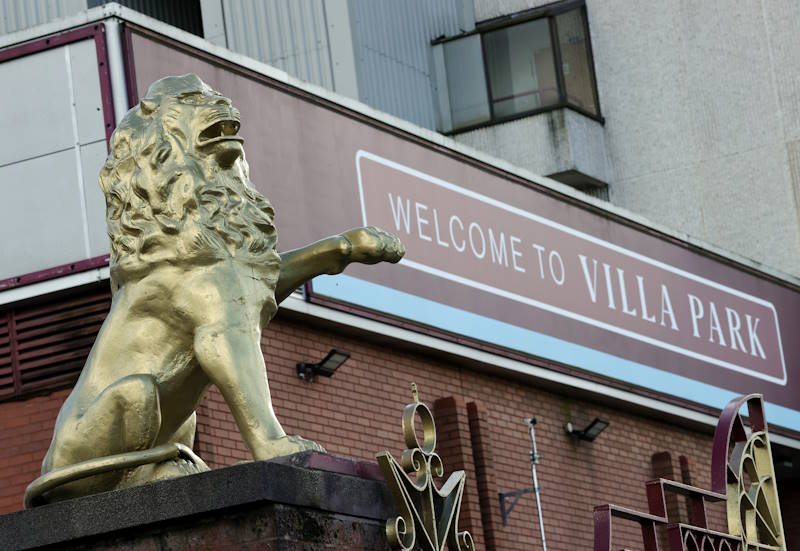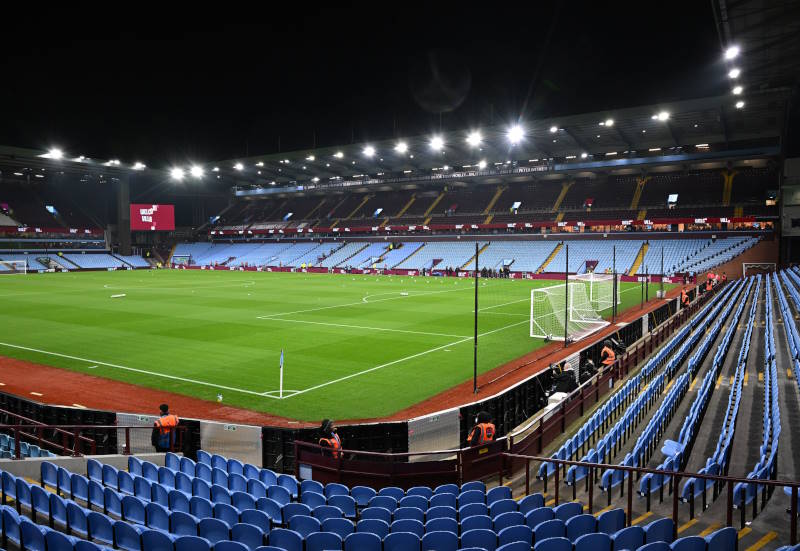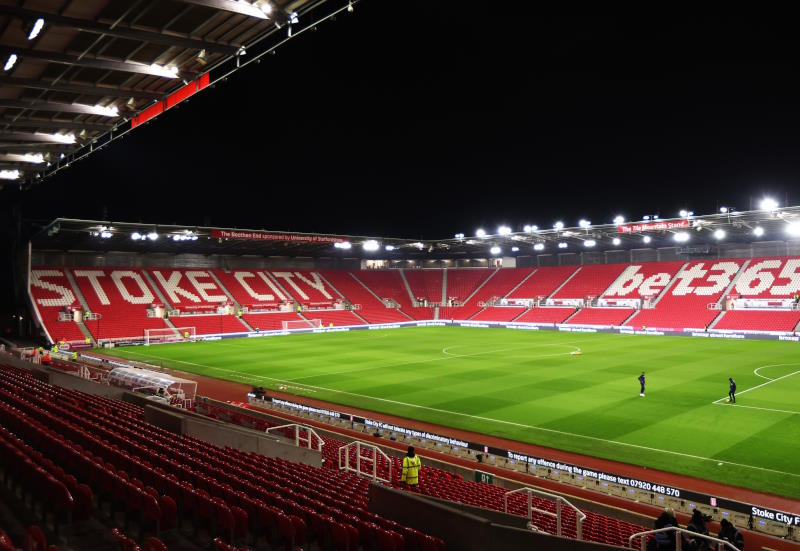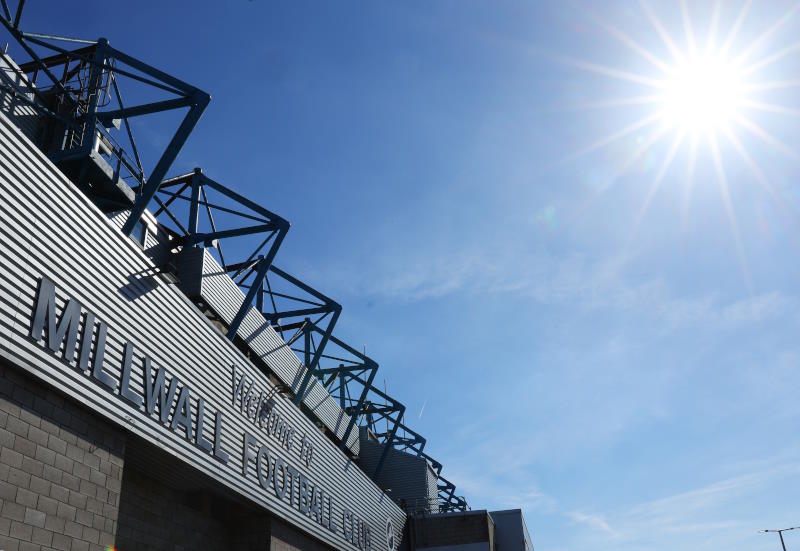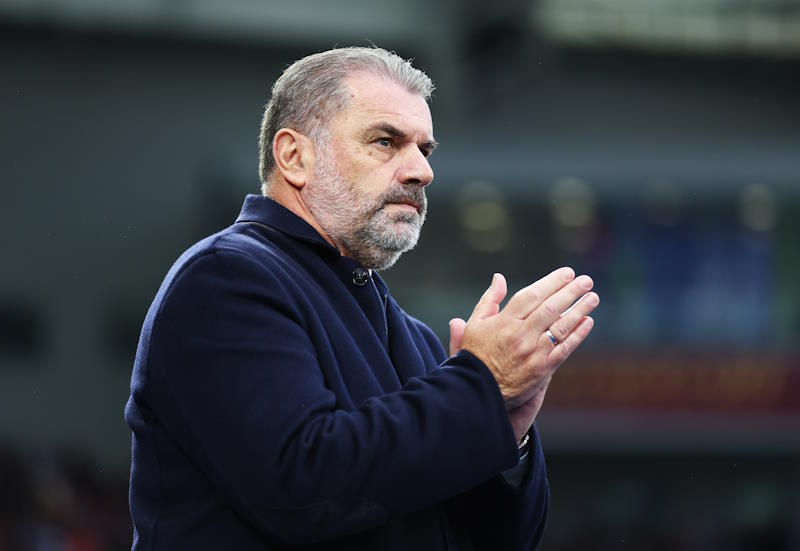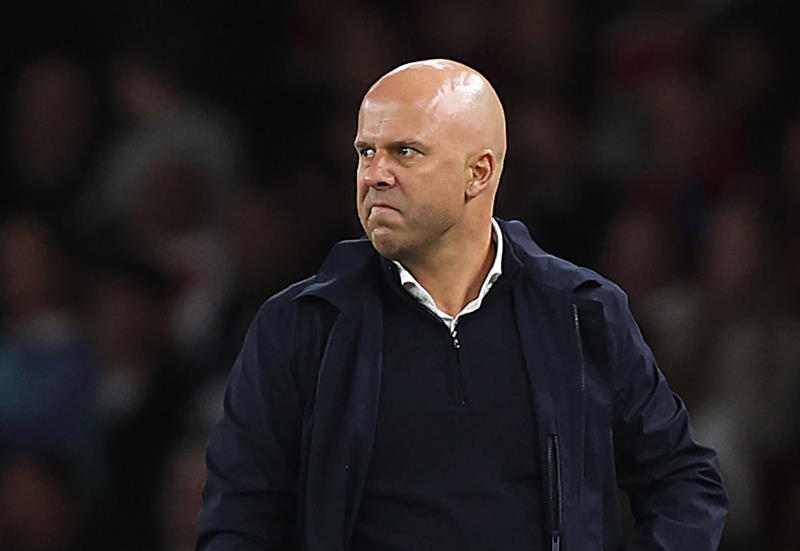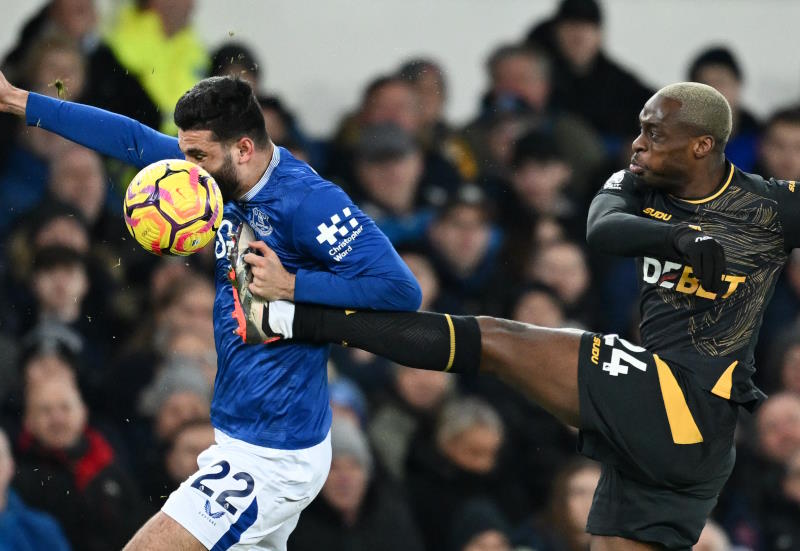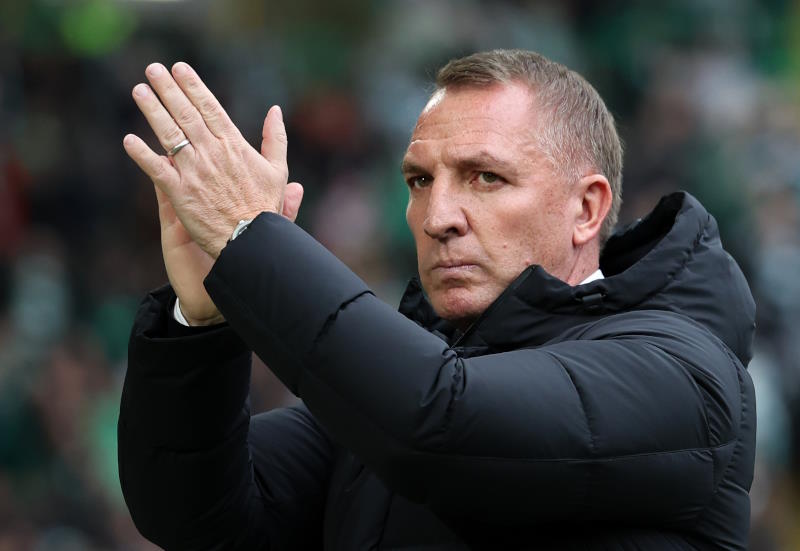
Kenny Crawford
When Jocky Scott was appointed Dundee Football Club’s new manager in October 2008, the general consensus among supporters was that it was a sensible appointment, albeit not the most exciting. At the time, Dundee were languishing eighth (out of 10) in the second tier of Scottish football and not looking like making any upward movement particularly fast. That was far from acceptable for a club whose heritage marks them as more familiar with top flight activity, including an admirable march to the European Cup semi-final of 1963. So, in came Scott, who in addition to managing ‘The Dee’ over two previous stints, had scored in excess of 100 goals for them as a player during the 60s and 70s.
Throughout the rest of 2008 and beginning of 2009, The Dark Blues’ faithful got more or less what they expected; steady but uninspiring progress. However, the excitement that Scott was struggling to kindle on his own was about to be brought to the table from elsewhere.
Enter Calum Melville. In March 2009, the successful Aberdeen-based businessman’s eyes focused on a newspaper advertisement which made known the Dens Park outfit’s desire for an additional club director, one who could hopefully climb aboard with some fresh ideas. It was felt Melville fitted the bill and his financial worth (reported to be in the region of £100M) certainly made his application all the more appealing.
Mr Melville’s wealth mainly comes through managing businesses that supply specialist services to the north-east oil and gas industry, and he had not previously contributed to professional football in a capacity like this. Furthermore, as a life-long Aberdeen supporter, neither did he have any real links to Dundee as a place or as a club. Nevertheless, Dundee chairman Bob Brannan was convinced that Calum Melville’s appointment to the board of directors was an important step in taking the club forward. Brannan explained that Dundee would continue to be run prudently and emphasised that any finance would be injected gradually.
With only two months of the 2008/09 season left to play and the January transfer window long since slammed shut, Melville’s millions could not be utilised immediately and it was up to Jocky Scott to prove he was the right man to spend them. Finishing fourth in Division One was deemed an adequate performance, bearing in mind the disappointing start to the campaign. Therefore Scott could begin licking his lips as he thought of the increased clout Dundee would have in the transfer market over the close season.
In fairness, the club’s board stuck to their word over the summer months with regard to their intention to gradually inject the newly available funds. Rather than making one or two audacious ‘marquee’ acquisitions, they instead completed some modest deals to bring in several top players from fellow Division One clubs. This approach not only gave them strength in depth, but robbed rival clubs of some of their most influential and creative team members.
The most mouth-watering of the signings were probably Leigh Griffiths and Gary Harkins. Griffiths, a young striker, arrived for £115,000 off the back of a prolific season at Livingston, and had experienced time on trial at West Bromwich Albion in the weeks leading up to the move. Harkins, on the other hand, had enjoyed two successful seasons playing in midfield for Partick Thistle after being on Blackburn Rovers’ books as a youngster. With the ability to glide past opposition players with ease and score goals freely from midfield, Harkins chose Dundee when it was rumoured he also had options to move up to the Scottish Premier League. A £150,000 transfer fee was enough to secure his services.
Even at those prices, Dundee easily outspent other Scottish clubs with the exception of Rangers, Celtic and Hibernian. So it was no surprise that, when asked of his expectations for Dundee’s 2009/10 campaign, Melville stated that “second is nowhere”. Under the current Scottish league system, only one team gets promotion to the top flight at the end of each season. Therefore, most Scottish fans are keeping one eye on The Dee to see if they succeed.
Sitting 11 points clear at the top of the league, at the time of writing, midway through the season, it appears Jocky Scott and his comrades are producing the goods so far. No doubt they will also be looking to make their presence felt in the Scottish FA Cup after an impressive showing in the League Cup (they defeated Aberdeen before being knocked out narrowly by Rangers).
Currently in the middle of a transfer window, the rumour mill has now gone into overdrive and some of the names being linked with Dundee are players who currently ply their trade in the Scottish Premier League. Whether any of these targets will take the leap of faith and sign remains to be seen, as the risk of the promotion push backfiring and being stuck in Division One must surely be considered.
Some Dundee fans might have settled for another ‘sensible’ season, but thanks to Calum Melville they have a very exciting one. Should things go to plan, it will be intriguing to watch the manner by which Dundee unleash themselves on Scotland’s top flight. However, should they falter in the run-in and finish second, it does not sound like Jocky Scott will have much room for manoeuvre.
Related Articles:
- – Africa Looking Forward to Angolan Nations Cup
- – Can Canada Rediscover Former International Highs?
- – CONCACAF President Warner On The Ball


